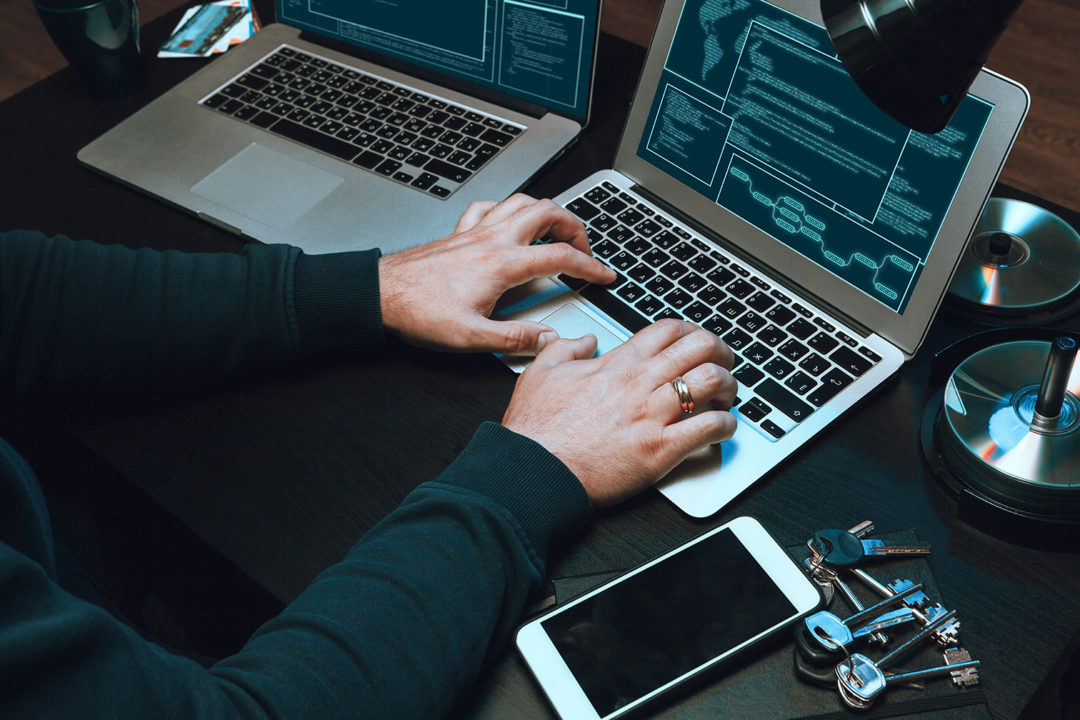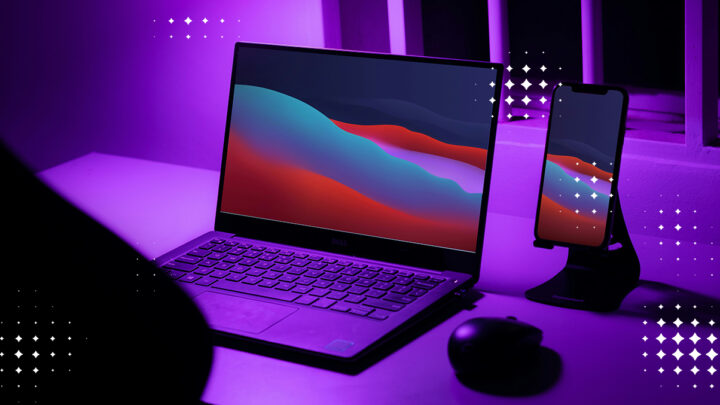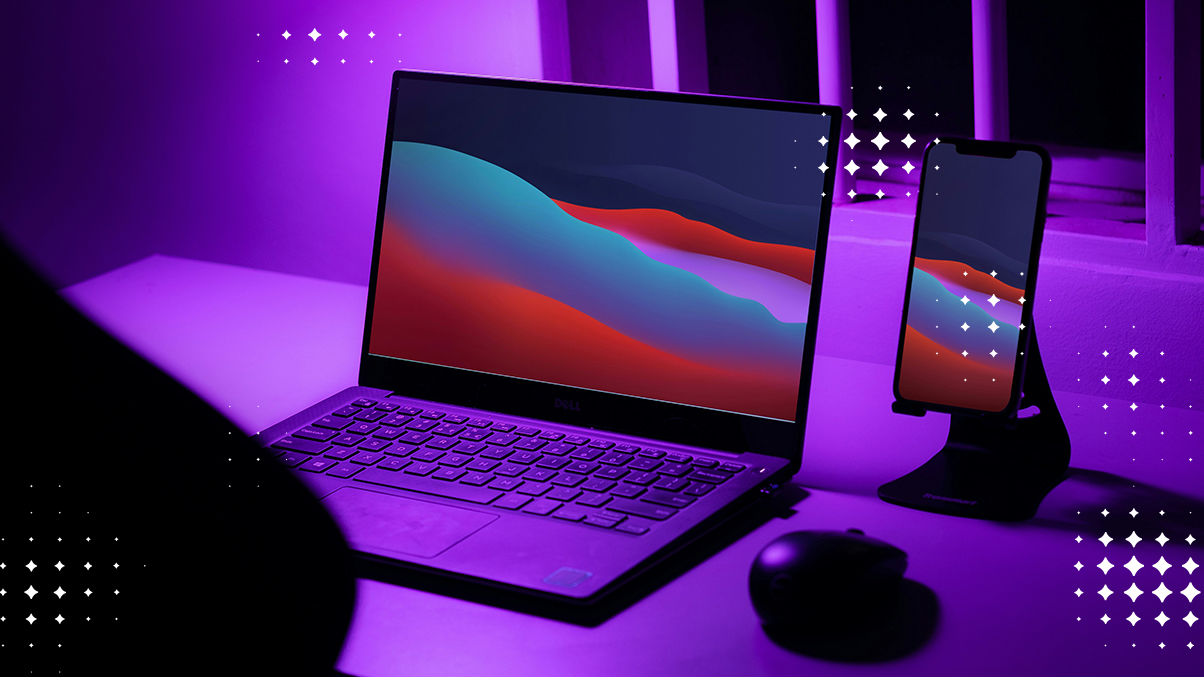
Ransomware – what you need to know
Ransomware attacks can have devastating consequences for the companies and organizations that are affected. Here we go through what you need to know about the malicious code and what you can do to protect your company.
What is ransomware?
Ransomware, also called extortion software, is a type of malicious code that encrypts files, hard drives, or entire IT systems, and can only be unlocked with a decryption key in exchange for a ransom. Ransomware attacks can affect both individuals and companies, but recently the latter have increased because the fraudsters can then demand significantly higher amounts.
How does a ransomware attack against a company work?
A ransomware attack usually begins with an employee receiving a phishing email that appears to have been sent by, for example, a colleague within the organisation. The email contains a file with malicious code, and when the employee clicks on the file, the hacker gains access to the person's device. From there, the hacker can then take control of all the computers within the organisation, steal sensitive data, and encrypt the systems so that no one can use the computers anymore. In other words, the company is locked out of its own IT system. Afterwards, the hacker demands a ransom to decrypt the systems.

What consequences can ransomware have for companies?
- Economic loss, even in cases where the ransom is not paid, due to business interruption and handling of the attack.
- Sensitive data in the form of customer registers, passwords, and trade secrets can be stolen and sold while the hacker breaches the system.
- Risk that the company's customers and partners are also affected – which can further damage the company's reputation.
Consequences of an attack
Notable ransomware attacks in Sweden
Protect your company
How to protect against ransomware?
Strengthen the company's web security with Abion
It is completely natural for you as a business leader not to have all the knowledge when it comes to how to protect your organisation from hackers. That's exactly why Abion exists – we are experts in brand security and can help you apply technology and approaches that strengthen your organisation's resilience against cyber incidents. This allows you to focus more on running and developing your business without having to worry about keeping up with security developments.
Contact us to learn more about how we can help!
Frequently asked questions about ransomware
Individuals can have their devices infected in various ways, for example through phishing, by visiting a malicious website, or by using an unsecured network.
No, many other types of devices, such as phones and tablets, can also be infected by ransomware.
In some cases, it may be possible to remove ransomware without paying a ransom, but far from always.
Ransomware is a type of extortion software used by hackers to encrypt their victims' files, hard drives, or IT systems. The victim then needs to pay a ransom for the decryption key.
Questions about ransomware?
Contact us for help and guidance!
Knowledge and support
Popular blogposts



